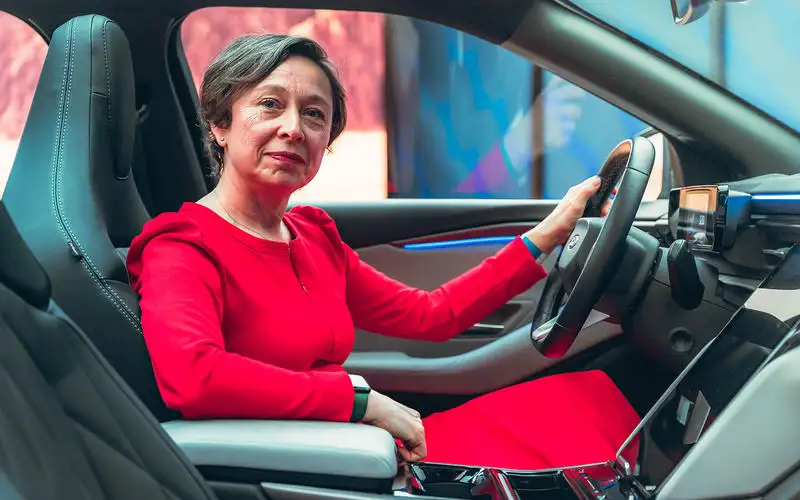It offers customers consistent, transparent ‘no-haggle’ pricing and a more straightforward buying process. For manufacturers, it means increased customer data, increased customer satisfaction and reduced distribution costs and financial risk.
“The agency model seemingly has several advantages for manufacturers and consumers alike,” says the Cox Automotive report. “For the former, acquired data will no doubt aid consumer retention. It could also more sharply focus marketing strategies. And, for the consumer, at the outset at least, it means transparent pricing and, allegedly, a more hassle-free buying experience.”
The agency model has already been adopted by Mercedes throughout Europe. Brands like BMW, MINI, Ford, Skoda, Smart, Genesis, Jaguar Land Rover and Alfa Romeo are also investigating the rollout of this model.
But what is the dealer’s role in this new retail chain, and what benefits could it offer? Depending on the specifics of the agency model adopted by the manufacturer and how it evolves, it could mean potentially reduced financial risk and improved cashflow. This could free up additional revenue for dealers to invest in used cars and aftersales, or investing in customer touchpoints – especially digital.
Questions remain over who will bear certain brand costs, such as the cost of demo vehicles, training and gross margins. Equally, the significant capital cost of the agency model could discourage manufacturers, and make them think again.
“Privately, many dealer groups worry that the pure model won’t work, because many of the aspects of the traditional arrangement, in their view are essential to their everyday working,” says the Cox Automotive report. “It’s feared that such aspects, which could be upended by agency model implementation, may render the new system impractical. Indeed, if manufacturers fail to comprehend the work dealers are already doing on the ground, introducing agency – in many cases – will prove to be painful and costly.”
Many in the industry believe the pure agency model will evolve over time to a more blended approach of franchised and agency, allowing manufactures to capitalise on the expertise of their dealers, especially when it comes to part-exchange, used vehicle management and aspects of finance – all of which require an experienced, enthusiastic and adept dealer to execute.




